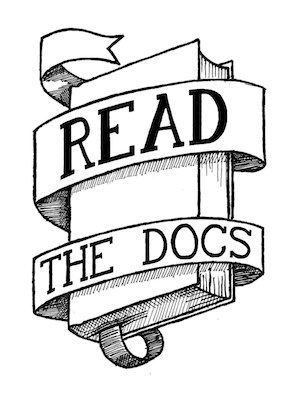Business questions I’m working on in 2018¶
In November 2017 there was a lovely gathering of independent business folks in Portland, Oregon called DazzleCon. Leading in to that lovely event there was an introduction thread where everyone explained their business. It caused me to really think deeply about the problems facing my two fledging but promising communities, and I wanted to record my answers here publicly.
These are the big questions that I’m thinking about for the communities I help shepherd in 2018.
My email to the DazzleCon attendees¶
Hey there fellow Zebras!
My name is Eric Holscher, and it’s been heartwarming to read all the work that everyone here is doing. I feel a little out of place, but hopefully I can explain what I’m doing in similar terms.
Most of my work is focused on improving documentation in the software industry. My view is that software, and open source specifically, can be a force for equality across the world, and documentation is a fundamental tool to lower the barrier to entry.
My work involved two primary things:
Read the Docs, which is a documentation publishing platform provided for free to open source projects.
Write the Docs, which is a world-wide community of people who care about documentation (we call them documentarians :)
Since we’re here to talk about business, both of these projects are trying to address problems with business models:
Ethical Advertising¶
Read the Docs launched an effort that we call Ethical Advertising. The elevator pitch is “newspaper advertising for the internet” – we don’t track users and only target our advertising based on the content of the pages users are looking at.
This has been our solution to a long-term search for sustainability in the open source infrastructure, which is the larger narrative I’m happy to folks about, and I think it mirrors a lot of the existing funding struggles for public goods and services.
Non-exclusive membership models¶
Write the Docs is primarily funded through the operation of conferences, and we’re looking to expand into some kind of membership model. We have a strong history of inclusiveness, which includes offering all of our content and access to our community for free.
We’re hoping to create a membership model that isn’t based on access to exclusive content or resources, but instead of framed more as an investment in the ongoing maintenance of the community and production of resources. From what I’ve seen, this funding model hasn’t been very effective, but I’d be really curious to talk about this more with other folks who might have experience in it.
Looking forward to talking more with y’all next month!
Cheers, Eric


